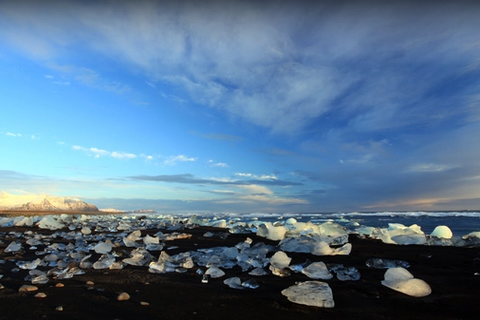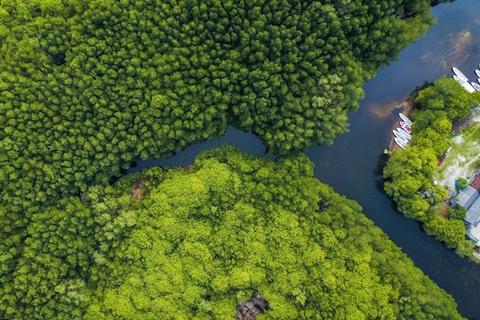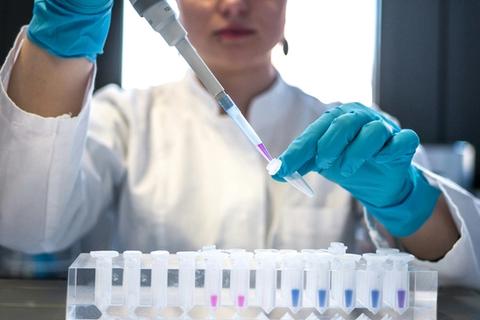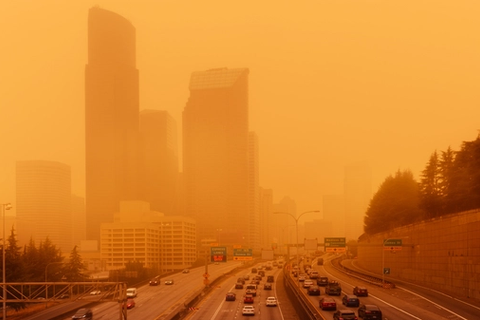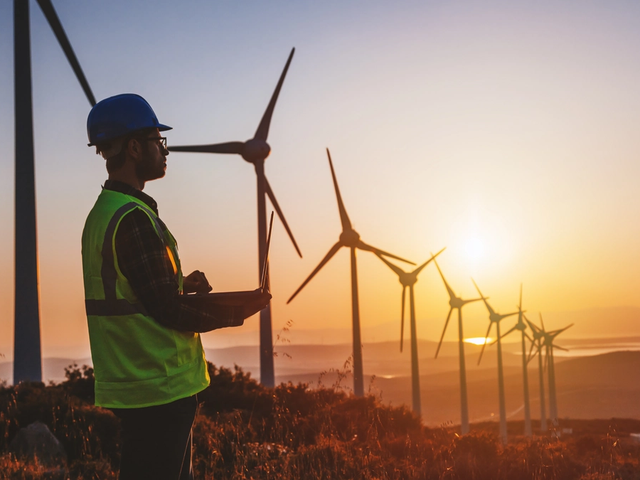

Climate & Energy Accelerating the Transition to Net-Zero Emissions
The landmark 2015 Paris Agreement under the United Nations Framework Convention on Climate Change (UNFCCC) commits all countries to keeping global mean temperature increase well below 2 degrees Celsius from pre-industrial levels by the end of the century and to making efforts to limit the temperature rise to below 1.5 degrees Celsius. For the first time in history, all countries recognize the need to peak global greenhouse gas emissions “as soon as possible” and to fully decarbonize their economies during this century to achieve net-zero global greenhouse gas emissions. Yet, ten years since its adoption, the world remains far off track meeting the objectives of the Paris Agreement. The activities undertaken this decade will thus determine the feasibility, speed, and cost of the net-zero transition and our ability to achieve carbon neutral future.
The SDSN’s climate and energy work builds on the 2015 Deep Decarbonization Pathways Project in which national research teams from the 16 highest-emitting countries developed long-term pathways that informed the Paris Agreement and now guide national strategies towards decarbonizing energy systems. The program aims to facilitate action to reduce global greenhouse gas emissions from the energy sector and provide nations with the research, network, and tools needed to meet this challenge.
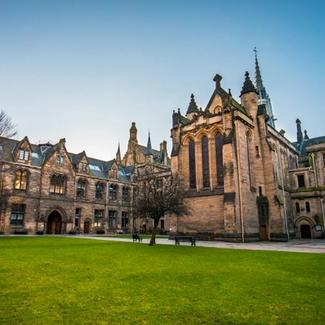
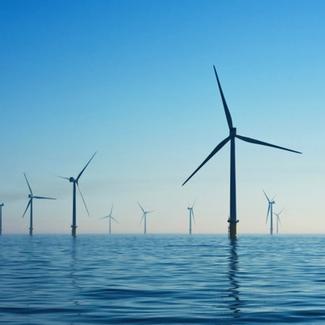
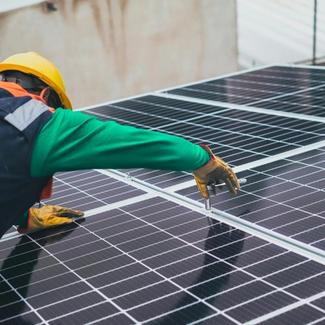
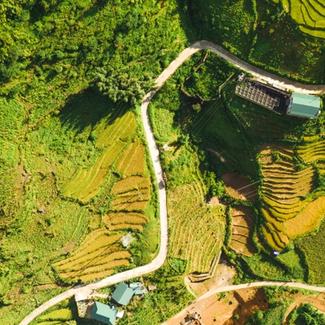
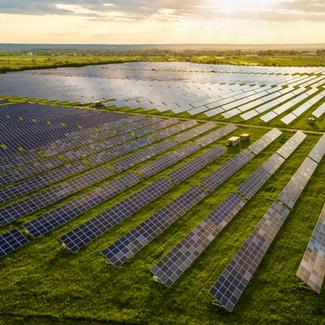
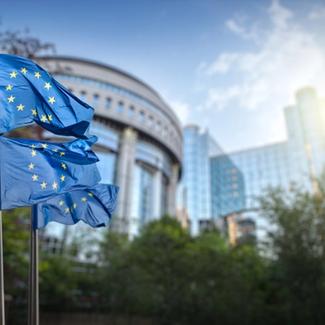
Featured News
Featured Resources

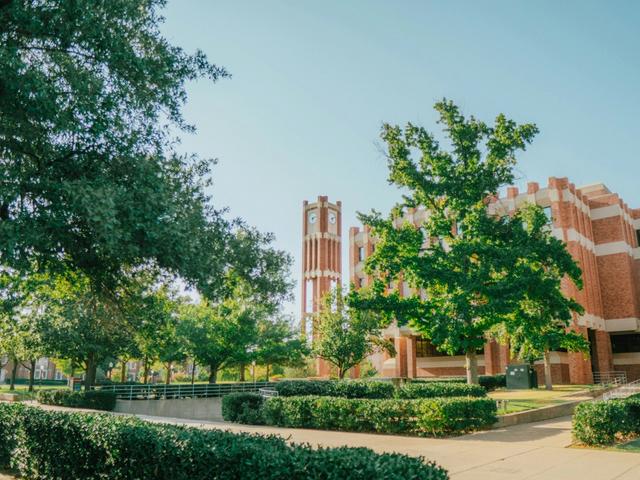
Net Zero on Campus: A Guide and Accompanying Toolkit for Universities and Colleges to Accelerate Climate Action Worldwide
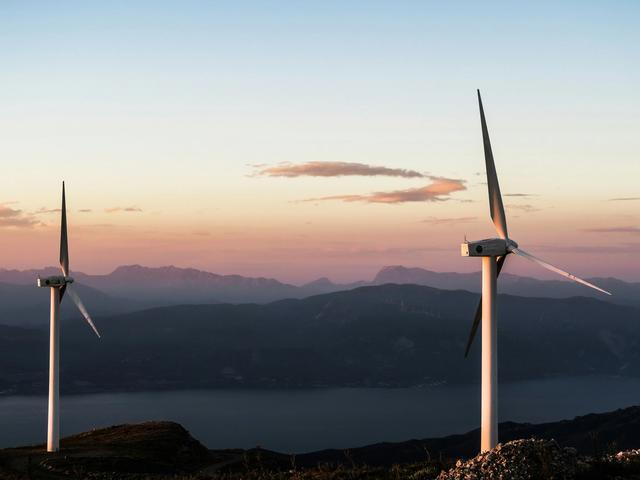
A Guide and Resource Directory to Regional Decarbonization
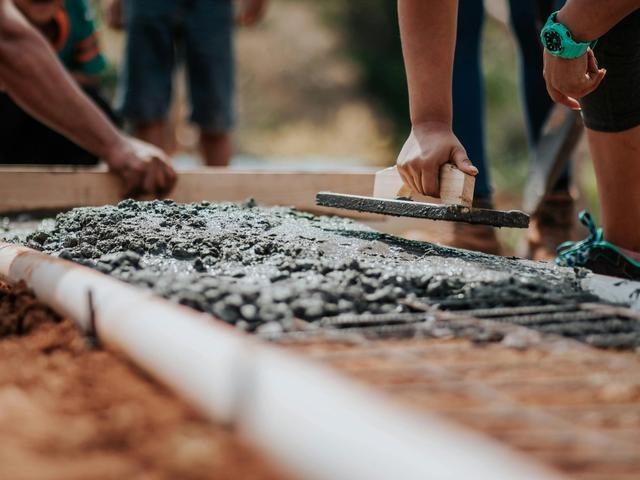
Life Cycle Assessment (LCA) and Cost-Benefit Analysis for Low Carbon Concrete and Cement Mix Designs
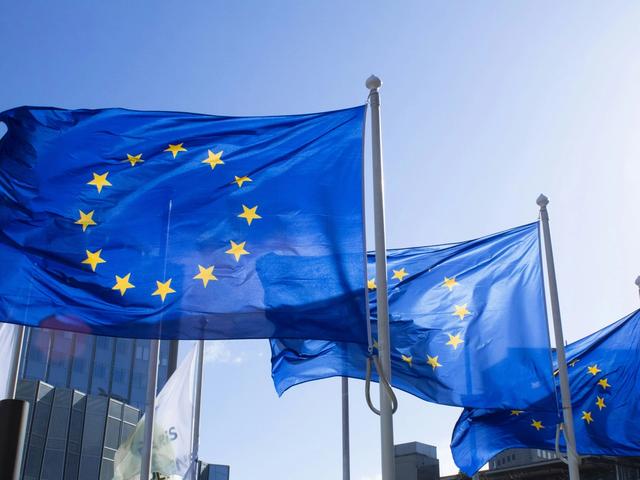
Implementing the European Green Deal Through Transformational Change


